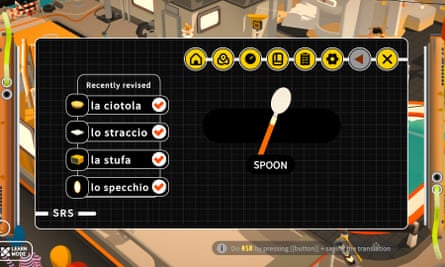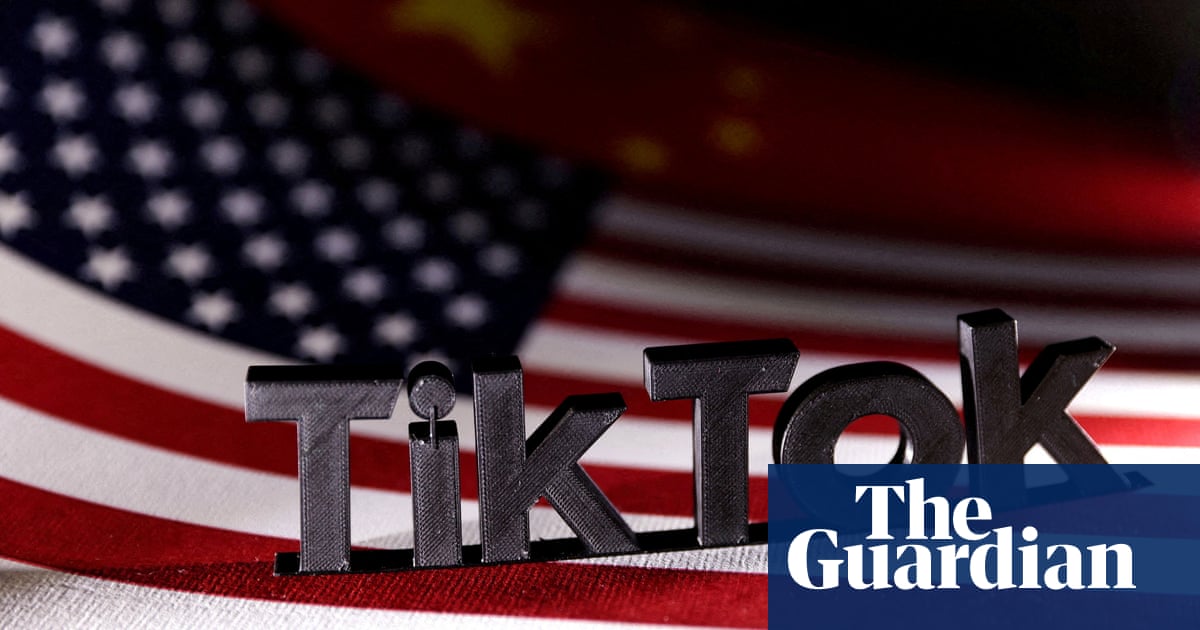As anyone who has tried pointing their phone’s camera at a menu in a foreign country lately will know, machine translation has improved rapidly since the first days of Google Translate. The utility of AI-powered translation in situations like this is unquestionable – but the proposed use of AI in literary translation has been significantly more controversial.
Dutch publisher Veen Bosch & Keuning’s announcement that it would use AI translation for commercial fiction has outraged both authors and translators – despite attempts to reassure them with promises that no books will be translated in this way without careful checking and that authors will have to give consent.
“A translator translates more than just words, we build bridges between cultures, taking into account the target readership every step of the way,” says Michele Hutchison, winner of 2020’s International Booker prize for her translation of Lucas Rijneveld’s The Discomfort of Evening. “We smuggle in subtle clues to help the reader understand particular cultural elements or traditions. We convey rhythm, poetry, wordplay, metaphor. We research the precise terminology for say agricultural machinery, even in a novel.”
Translators and authors have also pointed out that AI translation requires very careful checking and editing – ideally by someone who knows both languages. At that point, that person may as well be translating the text themselves. Cultural sensitivity is a particular concern, as AI has been known to produce things that are wildly inappropriate.
“Last year a reader flagged some issues in a French edition of one of my books,” says Juno Dawson, author of the Her Majesty’s Royal Coven series. “The translator had used a slightly outdated term to describe a trans person. We were able to change the term before publication. It’s these nuances I suspect AI would miss, meaning that AI generated content would then require stringent editing anyway.”
There are however some scenarios in which machine translation could arguably help the creators of cultural works. For writers working in minority languages, for instance, whose works are not currently translated into English or other languages at all, an AI-assisted translation could bring them to the attention of many more readers. And in video games, localisation can be one of the bigger costs for smaller independent developers, especially those for whom English is not a native language. AI translation of in-game text could theoretically help those developers reach a much larger audience, and help players who speak minority languages to enjoy their games more. But here, too, there are obvious limitations.
Dr Jack Ratcliffe is the designer and CEO of Noun Town, a mixed-reality language learning game in which players walk around a virtual town, speaking to the locals in one of 40 supported languages. “If you’re playing a simplistic game where the text is, press left and right and A to jump, you could probably machine translate that, and suddenly it’s way more accessible to lots of people in different languages,” he says. “But if you have any kind of nuance, characters who are talking to each other, and you want to convey that as a game creator … I would be terrified going with AI.”

Noun Town has around 50,000 lines of dialogue, all of it translated and voice acted by humans, and checked by language teachers. The studio did experiment with AI translation, says Ratcliffe, and found that when they used it with languages other than English the results were significantly worse.
“What we’ve found in our tests that going into English is actually OK, though nothing with AI is ever perfect,” he says. “These large language models have learned a lot of English. Going into other languages, especially less popular languages, it gets more and more out there, more and more confused.”
after newsletter promotion
Any game developer making a game with lots of words and dialogue, then, is looking at a high localisation cost – and presumably cares about the meaning and nuance of those words as much as the author of a book.
When it comes to how people feel about AI translation, there is a definite distinction between utility and craft. Few object to using AI in the same way as a dictionary, to discern meaning. But translators, of course, do much more than that. As Dawson puts it: “These writers are artists in their own right.”
“I’ve started adding a line ‘hand-crafted without the use of generative AI’ to my translations,” says Hutchison. “As translators we need to be very vocal about what our work involves right now, given the threat to our existence. It’s a lot more than just typing with a dictionary.”

.png) 1 month ago
10
1 month ago
10













































